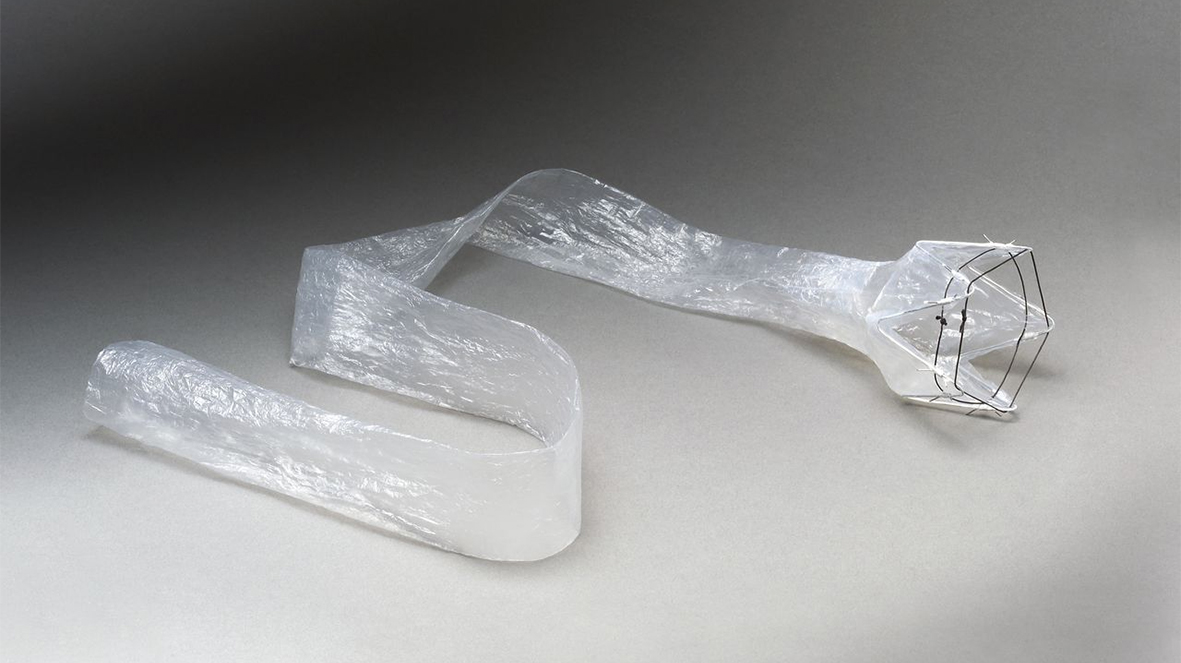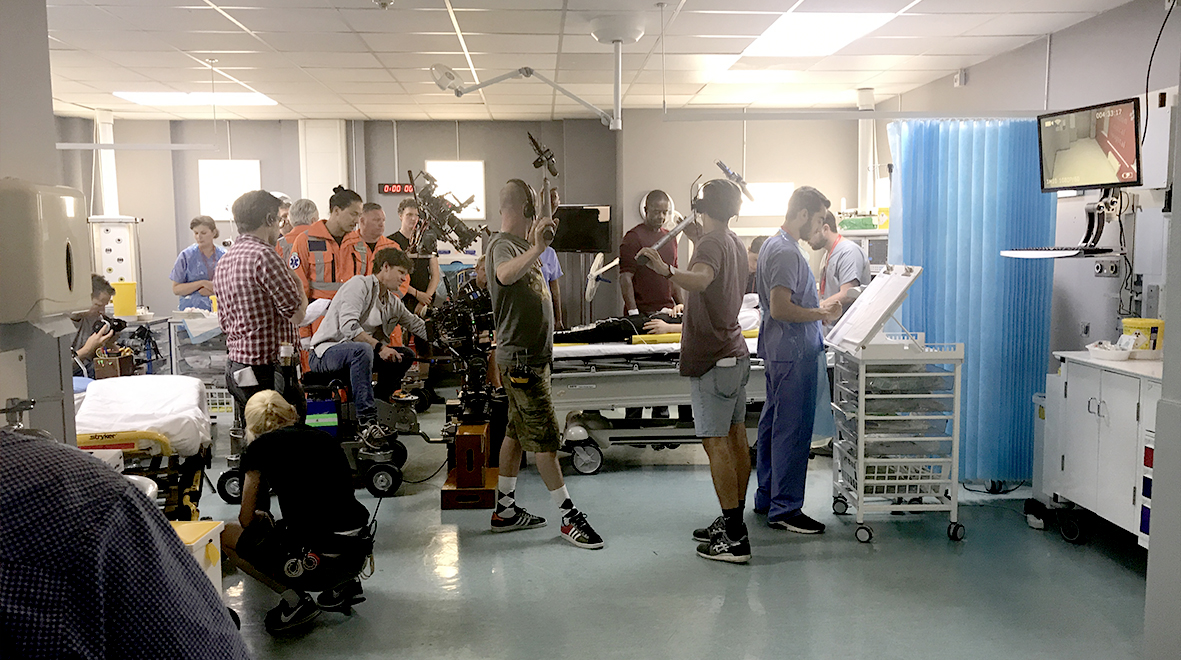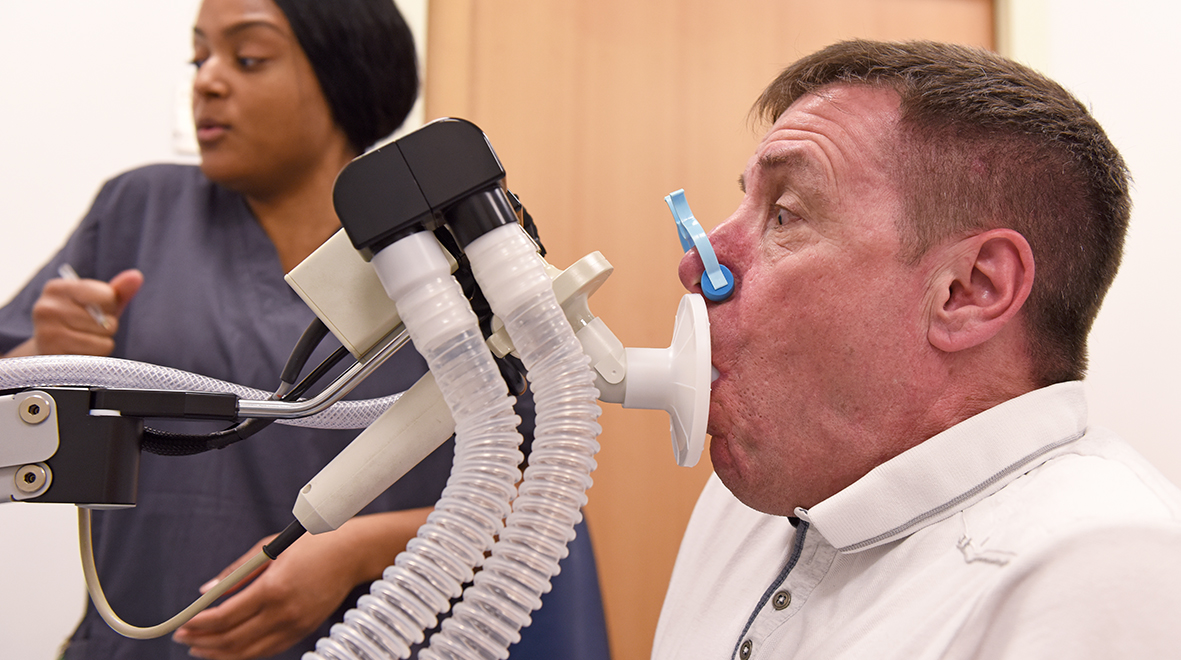Thinking outside the ice box: revolutionising pancreas transplantation

Karim Hamaoui provides an insight into an innovative solution for the organ donation shortage – a technique that allows the pancreas to be preserved for longer and for better function.
The pancreas responsible for producing one of the body’s most important hormones: insulin. Since the first pancreas transplant in 1966, this procedure has revolutionised the treatment of type 1 diabetes. To date, pancreas transplantation is the only definitive treatment to render patients free from daily insulin injections and provide a better quality of life for these patients.
A key problem in the UK and worldwide is the limited supply of organs available and suitable for transplantation. The majority of pancreases used for transplantation in the UK come from a person who has died, and whose relatives have given permission for them to become an organ donor. To meet demand, the criteria used to identify suitable donors can be expanded from ‘ideal’ to ‘extended’ criteria. Extended criteria donors can also be euphemistically referred to as donors with ‘medical complexities’. They are normally aged 60 years or older, or aged over 50 years but with at least two of the following conditions: high blood pressure history, degree of kidney impairment, cause of death from a stroke. Unfortunately, complications are more pronounced for these types of organs. (more…)




